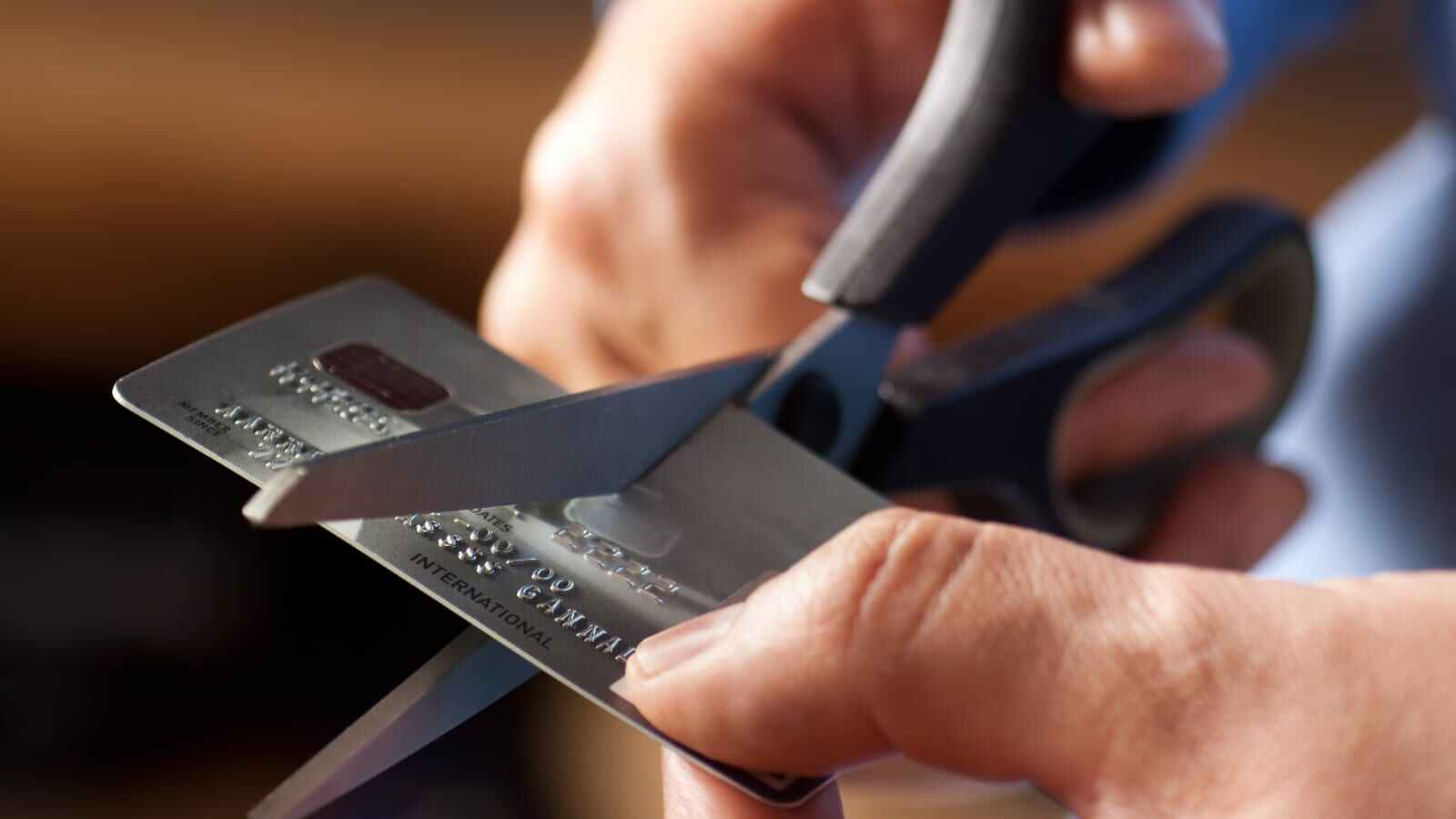What You Should Know Before Canceling a Credit Card That Has a Balance
Dec 23, 2023 By Triston Martin
So, you're packing your bags and heading to Patagonia to spend your days hiking the cordilleras and chilling out in glacier lakes. That was a brilliant decision. The final step is to cut up all your credit cards with outstanding amounts.
It would help if you thought about the effects of canceling an account with a balance on your credit score before going entirely offline. You might not think you'll need any of these items anymore, but southern Chile can become cold in the winter.
Is It Preferred to Carry a Balance or Pay Off a Credit Card?

Avoid late fees and interest by paying off your monthly credit card amount in full when the bill arrives. If you can help, always pay your debt in full every month. Keeping a balance from one month to the next may result in interest charges, which can rapidly add to a significant sum. You should only use a credit card for items you can afford to pay off in full before applying the interest rate.
What Happens To A Credit Card Balance If I Cancel It?

A credit card with debt can be closed, but doing so requires attention to a few details. You will no longer have access to your credit card account after canceling it. Second, the remainder of your debt is still your responsibility to settle. Third, interest may be charged on the unpaid sum. It's nevertheless critical that you pay the outstanding debt as soon as feasible.
Does Canceling a Credit Card Affect Credit Ratings?
Closing a credit card account can hurt your credit score, and it won't do anything to fix any harm that's already been done to your credit. Payment defaults will remain on your credit report for the next seven years. After around ten years, even accounts in good standing will be deleted.
To get your credit usage rate, we compare the total amount of credit you've used to the total amount of credit available across all your accounts. Any use of more than 30% of your available credit may harm your credit score. If you close an account, you will have less accessible credit and a higher credit usage rate.
If this results in a rate increase above 30% or increases the likelihood that this will happen in the future, this might harm your credit. In some instances, closing an account can boost your credit score since it reduces the number of open accounts shown to potential lenders. However, leaving the version open might benefit your score in other cases.
Your credit history is also affected by the age of your most extended open account. Simply stopping to use a card as an excuse to close is a wrong decision, as it shortens the duration of your credit history and perhaps lowers your credit score.
Is It Advisable To Keep Your Credit Card Open?
It's essential to assess whether or not canceling a credit card is the best choice for your finances before taking action. To qualify for a new card with better benefits or a reduced annual charge, you may be able to transfer your existing account.
You can talk to your card's issuer about alternatives that may allow you to keep your account open while using a new card if you're concerned about fees, rates, or anything else related to your card. Alternatively, you might "sock drawer" your credit card, meaning you don't use it at all or very seldom.
Since deleting an account might result in the loss of any unused rewards, this could be the best course of action if you have any leftovers from previous card purchases. If you'd want to simplify your life by having fewer accounts to keep track of, or if you'd like to lessen the likelihood of identity theft, closing your account may be the best option. Take care not to cancel too many reports for the reasons above.
Conclusion
When feasible, you should make a point of paying off your monthly bill in full. Adverse effects on your balance and credit from late payments will remain even after you close your account. Closing a credit card account can have a favorable or unfavorable impact on your credit score, so weighing the pros and cons before taking any action is essential. Always ensure you're in good standing before closing an account and that any incentives you're owed are cashed in.

Nov 12, 2024 Sid Leonard

Dec 08, 2023 Triston Martin

Feb 03, 2024 Triston Martin

Dec 01, 2024 Verna Wesley

Nov 30, 2024 Sid Leonard

Dec 24, 2023 Susan Kelly